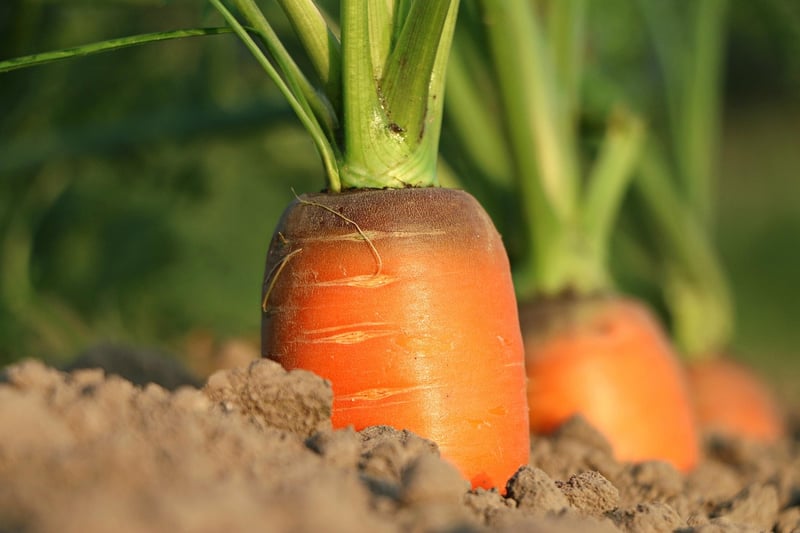Soil Health Maintenance
Nurture Your Green Companions: Soil Health Maintenance
Introduction to Soil Health Maintenance
Keeping your plants healthy and vibrant starts with the soil they grow in. Proper soil health maintenance is essential for the well-being of your green companions. By understanding the basics of soil care, you can ensure that your plants thrive and flourish.
Benefits of Healthy Soil
Healthy soil provides essential nutrients, supports root growth, retains moisture, and promotes beneficial microbial activity. By maintaining soil health, you create an optimal environment for plant growth and overall plant resilience.
Tips for Soil Health Maintenance
- Regularly test your soil to understand its pH levels and nutrient content.
- Add organic matter such as compost or aged manure to improve soil structure and fertility.
- Practice crop rotation to prevent nutrient depletion and reduce the risk of soil-borne diseases.
- Use mulch to conserve moisture, suppress weeds, and regulate soil temperature.
- Avoid over-tilling, which can disrupt beneficial soil organisms and lead to soil compaction.
Importance of Watering Practices
Proper watering is crucial for maintaining soil health. Overwatering can lead to waterlogging and root rot, while underwatering can stress plants and hinder nutrient uptake. Finding the right balance is key to supporting plant growth.
Enhancing Soil Health with Composting
Composting is a sustainable practice that enriches the soil with organic matter, improves soil structure, and reduces the need for chemical fertilizers. By composting kitchen scraps and yard waste, you can create nutrient-rich soil amendments for your plants.
Conclusion
By prioritizing soil health maintenance and implementing proper care practices, you can foster a thriving garden filled with healthy and vibrant plants. Remember that healthy soil is the foundation for a successful gardening experience and happy green companions.

For more information on soil health maintenance, visit USDA NRCS Soil Health.
